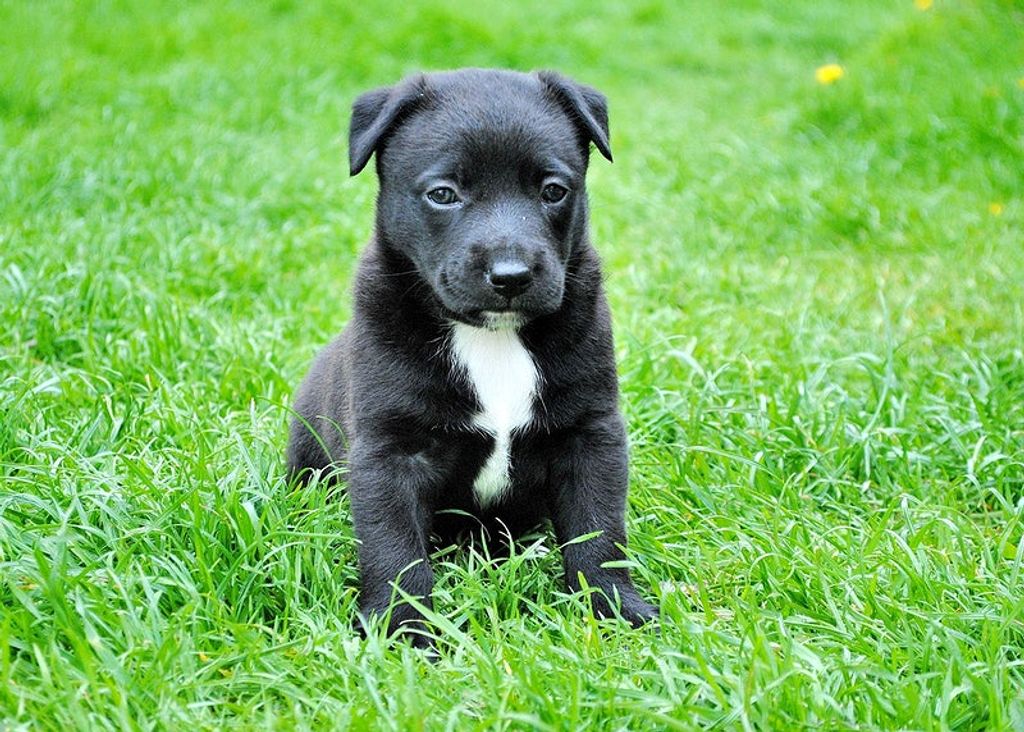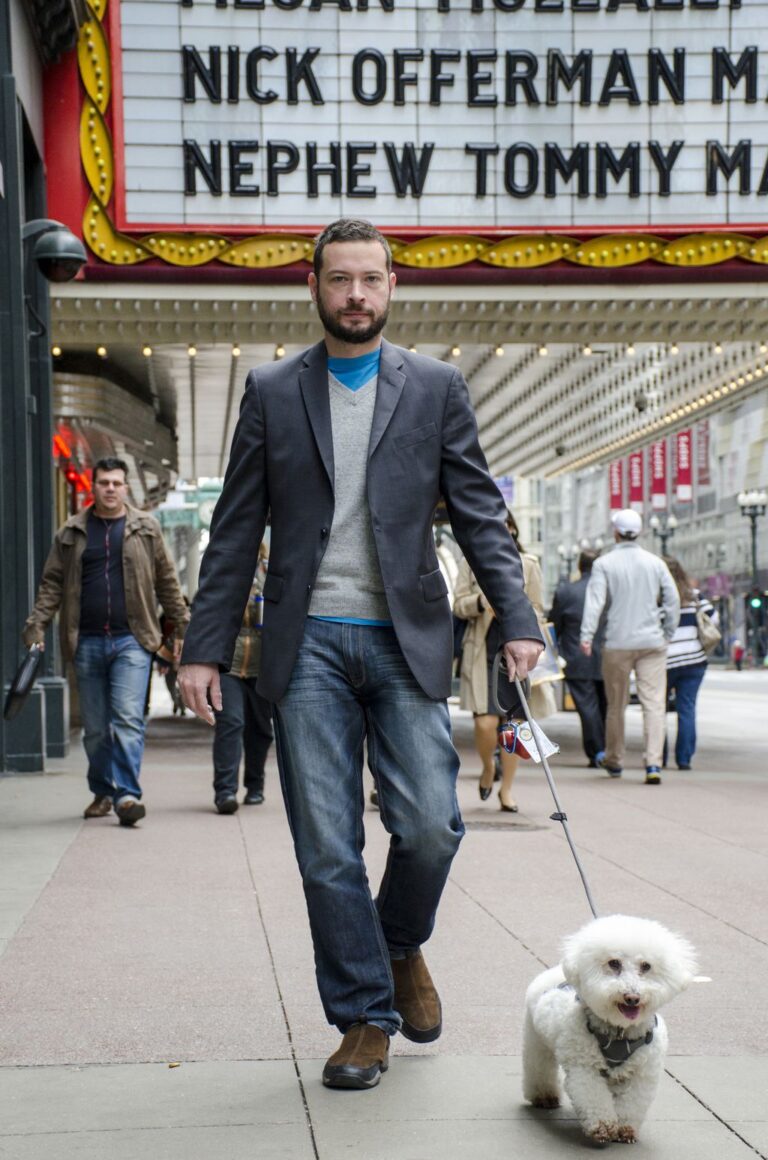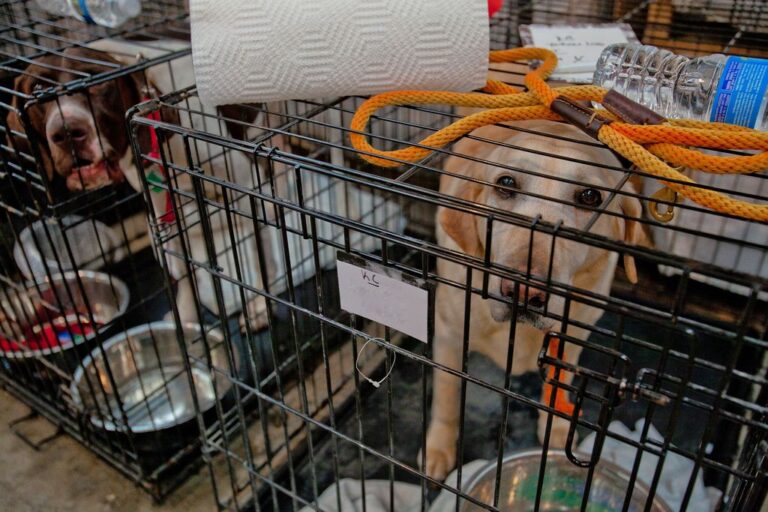How to prepare for a new puppy?
Preparing for a new puppy can be an exciting but overwhelming experience. It’s important to make sure you have everything you need and are prepared for the responsibilities that come with being a puppy parent. In this article, we will guide you through the essential steps to prepare for a new puppy, from creating a puppy-friendly space to socializing and training your furry friend. Here are the key takeaways:
Key Takeaways
- Create a puppy-friendly space with designated areas for eating, sleeping, and playing.
- Puppy-proof your home by removing hazardous objects and securing electrical cords.
- Gather essential supplies such as food, water bowls, a leash, and toys.
- Establish a routine to help your puppy adjust to their new environment.
- Research puppy training techniques and be prepared for sleepless nights.
Getting Ready for Your New Fur Baby

Creating a Puppy-Friendly Space
When preparing your home for your new fur baby, it’s important to create a space that is safe and welcoming for them. We want our puppy to feel comfortable and secure in their new environment. To achieve this, we need to consider a few key factors.
Puppy-Proofing Your Home
When it comes to preparing our home for our new fur baby, we want to make sure it’s a safe and secure environment. Puppy training is an important aspect of raising a well-behaved and happy pup. Here are a few tips to help you puppy-proof your home:
- Secure loose cords and wires to prevent your puppy from chewing on them and getting tangled.
- Remove toxic plants from your home or place them out of reach, as some plants can be harmful to dogs.
- Store household chemicals and cleaning products in cabinets or high shelves to prevent accidental ingestion.
- Block off areas that are off-limits to your puppy, such as stairs or rooms with delicate items.
Remember, creating a safe environment is crucial for your puppy’s well-being and your peace of mind.
Gathering Essential Supplies
Once you’ve made the decision to bring a new puppy into your home, it’s time to start gathering the essential supplies you’ll need. From food and water bowls to a cozy bed and plenty of toys, there are a few key items that will help make your new fur baby feel right at home. Don’t forget to stock up on puppy pads for those early days of potty training, and be sure to have a leash and collar ready for those first walks around the neighborhood. It’s also a good idea to have some treats on hand for rewarding good behavior. With all the necessary supplies in place, you’ll be well-prepared to welcome your new puppy into your family.
Preparing Yourself for Puppy Parenthood

Establishing a Routine
When it comes to establishing a routine for your new puppy, it’s important to remember that consistency is key. Puppies thrive on structure and predictability, so it’s essential to set a daily schedule that includes regular feeding times, potty breaks, playtime, and training sessions. By providing a consistent routine, you can help your puppy feel secure and confident in their new environment.
To create a routine that works for your family, consider the following:
-
Feeding schedule: Determine the appropriate amount of food for your puppy’s age and breed, and establish set meal times. This will not only help with house training but also ensure your puppy receives the proper nutrition they need for growth and development.
-
Exercise and playtime: Puppies have lots of energy to burn, so it’s important to provide them with plenty of opportunities for exercise and play. This can include walks, interactive toys, and supervised playdates with other friendly dogs.
-
Training sessions: Start incorporating short training sessions into your puppy’s daily routine. This will help them learn basic commands, such as sit, stay, and come, and also provide mental stimulation.
Remember, establishing a routine takes time and patience. Be flexible and adjust as needed to meet your puppy’s individual needs. With consistency and love, you’ll be well on your way to raising a happy and well-behaved furry friend!
Researching Puppy Training Techniques
When it comes to puppy training techniques, there are so many options out there that it can feel overwhelming. But don’t worry, we’ve got you covered! We’ve done our fair share of research and found some tried and true methods that have worked for us. Here are a few techniques that we recommend:
-
Positive reinforcement: This is a method that focuses on rewarding your puppy for good behavior rather than punishing them for bad behavior. It’s all about using treats, praise, and affection to encourage your puppy to repeat desirable actions.
-
Clicker training: This technique involves using a clicker to mark the exact moment your puppy does something right, followed by a reward. The clicker serves as a clear signal to your puppy that they’ve done something correctly, making it easier for them to understand what you’re asking of them.
-
Consistency: One of the most important aspects of puppy training is consistency. It’s essential to establish clear rules and expectations from the start and stick to them. This helps your puppy understand what is expected of them and reduces confusion.
Remember, every puppy is unique, so it’s important to find the training techniques that work best for your furry friend. Don’t be afraid to try different methods and adapt them to suit your puppy’s individual needs. Happy training!
Preparing for Sleepless Nights
When it comes to preparing for sleepless nights, we know it can be tough. But don’t worry, we’ve got you covered. Here are a few tips to help you survive those long nights:
-
Establish a nighttime routine: Creating a consistent routine before bedtime can help signal to your puppy that it’s time to sleep. This can include activities like a final potty break, a short play session, and a calming bedtime ritual.
-
Create a cozy sleeping area: Make sure your puppy has a comfortable and safe place to sleep. Provide a soft bed or crate with blankets and toys to help them feel secure.
-
Use white noise: If your puppy is having trouble settling down, try using white noise to create a soothing environment. This can be a fan, a white noise machine, or even a calming playlist.
-
Take turns with your partner: If you have a partner or family member, consider taking turns getting up with the puppy during the night. This can help distribute the sleepless nights and give each of you a chance to rest.
-
Be patient: Remember, this phase won’t last forever. Your puppy will eventually learn to sleep through the night, but it may take some time and patience. Hang in there!
Welcoming Your New Puppy Home

Introducing Your Puppy to Their New Home
When bringing your new puppy home, it’s important to create a welcoming environment that helps them feel safe and secure. Puppy development is a crucial stage in their life, and the first few days in their new home can have a lasting impact. Here are a few tips to help your puppy adjust to their new surroundings:
- Set up a designated area where your puppy can feel comfortable and secure. This can be a crate, a playpen, or a specific room in your house.
- Provide plenty of toys and chewables to keep your puppy entertained and help with their teething.
- Establish a routine for feeding, potty breaks, and playtime. Consistency is key in helping your puppy feel secure.
- Introduce your puppy to family members and other pets gradually, allowing them to get used to each other’s presence.
Remember, patience and understanding are essential during this transition period. Your puppy will need time to adjust and feel at home in their new surroundings.
Bonding with Your New Furry Friend
When it comes to bonding with your new furry friend, it’s all about spending quality time together. Playing games, going for walks, and cuddling up on the couch are great ways to build a strong bond. Remember, patience is key as you and your puppy get to know each other. Communication is also important – try to understand your puppy’s needs and emotions. Don’t forget to give lots of affection and praise when your puppy does something good. Building a strong bond with your new puppy will create a lifelong friendship.
Setting Up a Safe and Comfortable Sleeping Area
When it comes to setting up a safe and comfortable sleeping area for our new puppy, safety is our top priority. We want to ensure that our furry friend feels secure and protected during their slumber. Here are a few tips to create the perfect sleeping space:
-
Choose a cozy bed: Providing a soft and cozy bed will help your puppy feel comfortable and relaxed. Look for a bed that is the right size for your puppy and made with durable materials.
-
Create a quiet environment: Puppies need a peaceful place to rest, away from loud noises and distractions. Find a quiet corner of your home where your puppy can have some uninterrupted sleep.
-
Use a crate or playpen: If you’re crate training your puppy, a crate or playpen can be a great option for their sleeping area. It provides a safe and confined space where they can feel secure.
Tip: Remember to place some familiar toys or blankets in the sleeping area to make it feel more comforting for your puppy.
Feeding and Caring for Your Puppy

Choosing the Right Puppy Food
When it comes to choosing the right puppy food, there are a few factors to consider. First and foremost, you want to make sure the food is nutritionally balanced to support your puppy’s growth and development. Look for a high-quality puppy food that is specifically formulated for their age and breed.
Next, consider any special dietary needs your puppy may have. Some puppies may require a grain-free or limited ingredient diet due to allergies or sensitivities. It’s always a good idea to consult with your veterinarian to determine the best food for your furry friend.
In addition to the nutritional aspect, you may also want to think about the feeding method that works best for you and your puppy. Some people prefer dry kibble, while others opt for wet canned food or a combination of both. Ultimately, it’s important to choose a food that your puppy enjoys and that fits within your budget.
Remember, proper nutrition is essential for your puppy’s overall health and well-being. By selecting the right puppy food, you’re setting them up for a happy and healthy life!
Establishing a Feeding Schedule
When it comes to feeding your new puppy, establishing a feeding schedule is crucial. This helps to regulate their meals and ensure they are getting the right amount of food at the right times. Consistency is key when it comes to feeding, so try to stick to the same schedule every day. By doing so, your puppy will learn when to expect their meals and will be less likely to beg for food throughout the day. It also helps with potty training, as you can anticipate when they will need to go outside. Regular trimming of your puppy’s nails is also important to keep them comfortable and prevent any issues with walking or scratching. Make sure to use proper nail clippers designed for dogs and take it slow to avoid cutting too much. If you’re unsure, consult with a professional groomer or veterinarian for guidance.
Providing Proper Hygiene and Grooming
When it comes to providing proper hygiene and grooming for your new puppy, there are a few important things to keep in mind. First and foremost, regular grooming is essential for maintaining your puppy’s overall health and well-being. This includes brushing their fur to prevent matting and tangles, cleaning their ears to prevent infections, and trimming their nails to avoid discomfort and injury. Additionally, it’s important to establish a routine for bathing your puppy to keep their coat clean and free from dirt and debris.
Socializing and Training Your Puppy

Introducing Your Puppy to Other Animals
When it comes to introducing your new puppy to other animals, it’s important to take things slow and steady. Dog behavior can vary greatly, so it’s crucial to approach each introduction with caution and patience. Start by allowing your puppy to observe the other animals from a safe distance, giving them the opportunity to become familiar with their presence. Gradually, you can move on to supervised interactions, always keeping a close eye on their body language and reactions. Remember, a positive and gradual introduction is key to ensuring a harmonious relationship between your new puppy and other animals.
Basic Obedience Training
When it comes to basic obedience training, building a bond with your puppy is crucial. This is the foundation for a strong and trusting relationship. Spend quality time with your furry friend, engaging in activities that promote bonding and trust. Play games, go for walks, and give lots of praise and affection. Remember, training is not just about teaching commands, but also about creating a deep connection with your puppy.
House Training Tips and Tricks
When it comes to house training your new puppy, establishing a consistent sleep routine is crucial. Puppies need plenty of sleep to grow and develop, and having a regular sleep schedule can help them feel secure and comfortable in their new home. Here are a few tips to help you create a successful sleep routine for your furry friend:
- Set a designated sleeping area for your puppy, such as a cozy crate or a comfortable bed.
- Create a calming environment by dimming the lights and playing soft music or white noise.
- Establish a bedtime routine that includes activities like a short walk, playtime, and a final potty break.
- Avoid giving your puppy stimulating activities or food close to bedtime, as this can make it harder for them to settle down.
Remember, consistency is key when it comes to establishing a sleep routine. Stick to the same schedule every night, and your puppy will soon learn when it’s time to rest and recharge.
In Conclusion
Preparing for a new puppy can be an exciting and rewarding experience. By creating a puppy-friendly space, puppy-proofing your home, and gathering essential supplies, you can ensure that your new fur baby feels safe and comfortable. It’s also important to prepare yourself for puppy parenthood by establishing a routine, researching puppy training techniques, and being ready for sleepless nights. Once your new puppy arrives, make sure to introduce them to their new home, bond with them, and set up a safe and comfortable sleeping area. Feeding and caring for your puppy involves choosing the right puppy food, establishing a feeding schedule, and providing proper hygiene and grooming. Lastly, socializing and training your puppy is crucial, so introduce them to other animals, start basic obedience training, and use house training tips and tricks. Remember, patience and consistency are key when raising a puppy. Enjoy this new chapter of your life with your furry friend!
Frequently Asked Questions
How do I create a puppy-friendly space?
To create a puppy-friendly space, make sure to remove any hazardous items or plants, provide comfortable bedding, and set up a designated area for your puppy to play and relax.
What should I do to puppy-proof my home?
To puppy-proof your home, secure loose wires and cords, store chemicals and cleaning products out of reach, and install baby gates to restrict access to certain areas.
What essential supplies do I need for my new puppy?
Some essential supplies for your new puppy include food and water bowls, a leash and collar, toys for mental stimulation, a crate for training and sleeping, and grooming tools.
How do I establish a routine for my puppy?
To establish a routine for your puppy, set consistent times for feeding, potty breaks, playtime, and training sessions. Stick to the routine to help your puppy feel secure and develop good habits.
What puppy training techniques should I research?
Some puppy training techniques to research include positive reinforcement, clicker training, and crate training. Each technique has its own benefits and can be effective for different puppies.
How can I prepare for sleepless nights with a new puppy?
To prepare for sleepless nights with a new puppy, consider setting up a cozy sleeping area near your bed, using white noise or calming music to help your puppy relax, and being patient as your puppy adjusts to their new surroundings.






